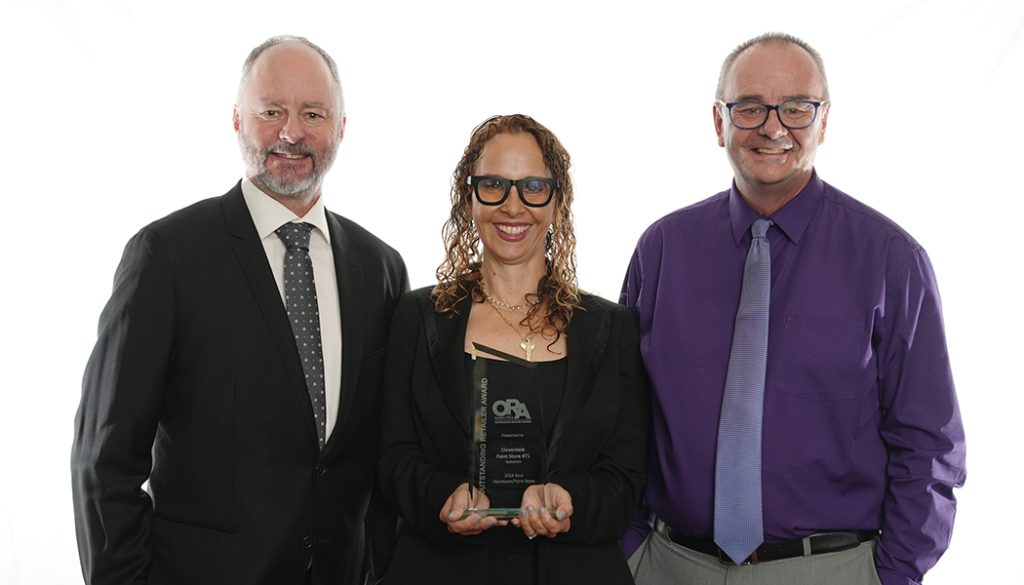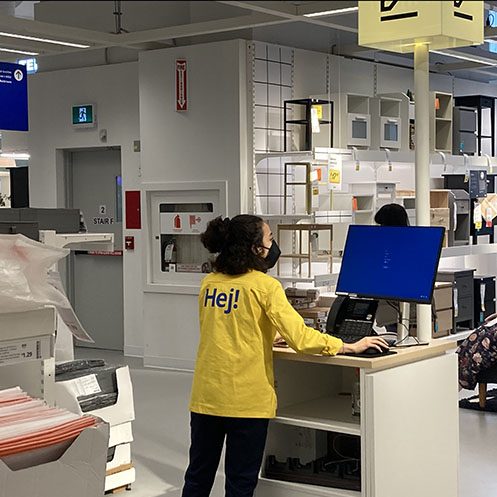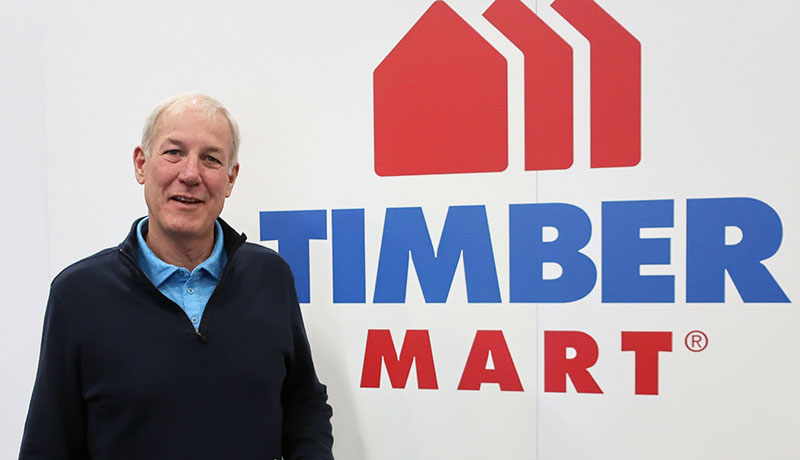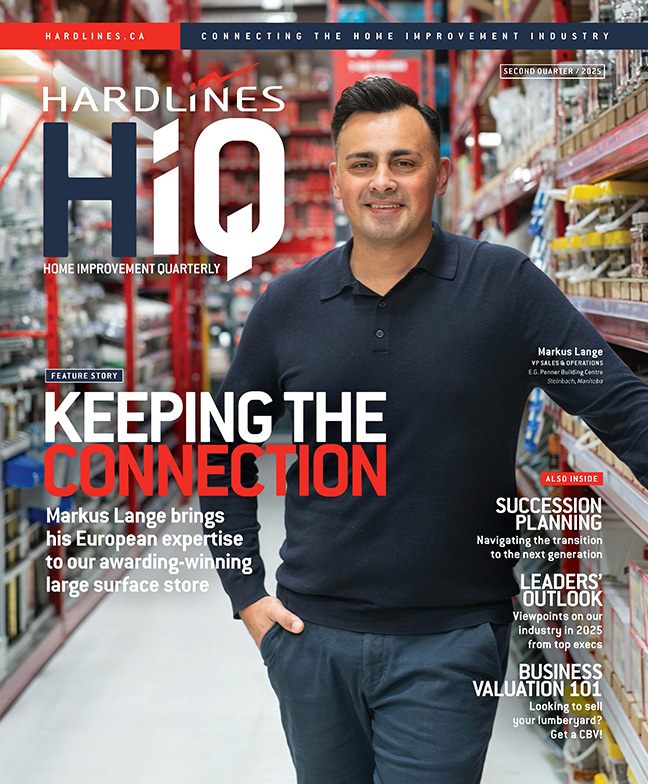Seasonal changes, particularly the darker, colder months, can have a significant impact on employees’ mental well-being. The phenomenon often referred to as “seasonal blues” can lead to decreased motivation, lower productivity, and a sense of isolation. For employers, supporting staff through these challenges is vital for maintaining a healthy, engaged workforce.
It’s important to acknowledge the impact of seasonal changes on mental health. Creating an open environment where employees feel comfortable discussing their feelings is key. Encouraging open dialogue about well-being can help de-stigmatize mental health issues and show employees that their concerns are taken seriously.
Employers can also offer flexible working arrangements. The darker days can make commuting more difficult, and the added flexibility of working from home or adjusting work hours can help to relieve stress. Providing employees with flexibility over their schedules promotes a better work-life balance, helping them cope with the seasonal shift.
Another way to support staff is by creating a sense of community in the workplace. Winter can be isolating, and team-building activities can combat loneliness and boost morale. Offering social events, such as winter outings or virtual coffee breaks, can strengthen connections among employees and create a sense of belonging.
Additionally, employers can encourage physical activity. Exercise is proven to improve mental health, so providing gym memberships or organizing wellness challenges can motivate employees to stay active during the colder months. Furthermore, offering resources like counseling or employee assistance programs gives staff access to professional support if they need it.
By recognizing the signs of seasonal blues and offering tangible solutions, employers can create a supportive environment that helps employees stay mentally and physically healthy, regardless of the season.
A global leader in HR and health & safety consulting, Peninsula has been supporting small and medium businesses for 40 years. We are trusted by over 140,000 SMBs globally. In Canada, we helped over 6,500 SMBs with tailored HR documentation, 24/7 employer advice, and provide employment management software. We pride ourselves on delivering a service that mitigates risk, adds value, and allows businesses to focus their time on what matters most.


 Economic uncertainty puts immense pressure on the workforce, with legislative and political shifts adding complexities to supporting employee wellbeing and, by extension, overall organizational performance. These are some of the findings of a new study from McLean & Co.
Economic uncertainty puts immense pressure on the workforce, with legislative and political shifts adding complexities to supporting employee wellbeing and, by extension, overall organizational performance. These are some of the findings of a new study from McLean & Co.
 Structuring stories builds credibility, engages audiences, and addresses fears. “Humans learn through storytelling,” says Paul Huffman, executive director of TalentHunt, and Lumber and Building Materials Association of Ontario (LBMAO) board member. “In the recruitment world you want them to want the role or come join your company to show expertise.”
Structuring stories builds credibility, engages audiences, and addresses fears. “Humans learn through storytelling,” says Paul Huffman, executive director of TalentHunt, and Lumber and Building Materials Association of Ontario (LBMAO) board member. “In the recruitment world you want them to want the role or come join your company to show expertise.” When your store is more than 300,000 square feet in size, a lot of people are needed to work there. And that can mean a lot of employee turnover.
When your store is more than 300,000 square feet in size, a lot of people are needed to work there. And that can mean a lot of employee turnover. A lot of changes have taken place in recent weeks at the head offices of TIMBER MART. The national buying group has filled out its ranks in anticipation of the departure next year of the group’s vice-president of distribution and trading, John Morrissey. But the noteworthy aspect of all the appointments is that they represent hires from within or of people who have already worked with TIMBER MART.
A lot of changes have taken place in recent weeks at the head offices of TIMBER MART. The national buying group has filled out its ranks in anticipation of the departure next year of the group’s vice-president of distribution and trading, John Morrissey. But the noteworthy aspect of all the appointments is that they represent hires from within or of people who have already worked with TIMBER MART. Workplace leadership specialist, educator and award-winning author Pierre Battah spoke on both days of the Hardlines Conference.
Workplace leadership specialist, educator and award-winning author Pierre Battah spoke on both days of the Hardlines Conference.